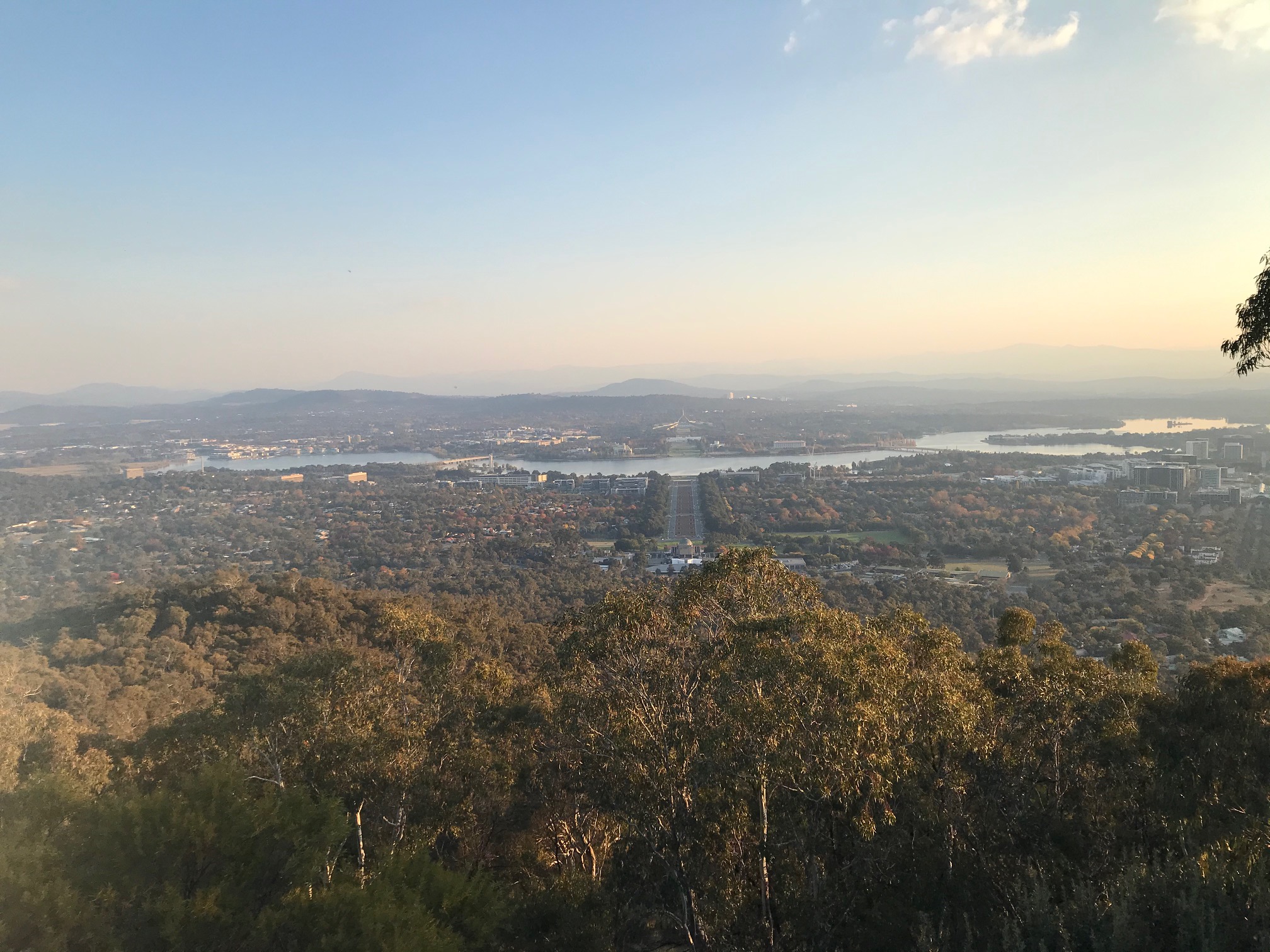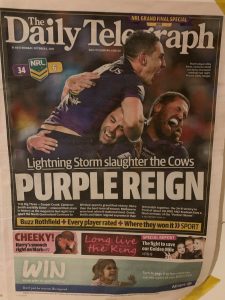Changes needed in Australian swimming
Next up @catecamp takes to the pool for the second women's 100m freestyle SF! She's swimming in lane 4! #OurTeam pic.twitter.com/AH57mWHwTV
— Australian Swim Team (@DolphinsAUS) August 11, 2016
By Elliot Williams
Swimming at the Rio Olympics has yet to finish but it’s already apparent that following these games yet another inquiry into the Australian swimmers’ performance is needed.
Outside of the excitement surrounding 18-year-old Kyle Chalmers winning gold in the 100m freestyle and Mack Horton sticking it to drug cheats everywhere in the 400m event, much of the discussion has concerned Australia’s disappointing results.
At first glance, the media can share some of the blame for raising expectations to unrealistic levels in the hunt for a fairy tale.
We were forced to hear stories of the ‘King and Queen of Backstroke’, Mitch Larkin and Emily Seebohm, and then witness their disappointing fourth and seventh placings respectively in the 100m backstroke.
However, despite the media’s histrionics, Australia’s swimmers across the board have not performed to their own expectations and this needs to be addressed.
There is an indisputable trend within the Australian swimming team that the athletes are producing times in Rio well outside their personal bests.
These are not personal bests from a forgotten ‘super-suit’ era either. They’re from this year, mostly from the Rio selection trials in April.
It’s understood that qualifying for an Olympics is an exciting prospect, but surely it can’t induce a quicker performance than an Olympic final.
These athletes spend months preparing themselves to be in peak condition and perform at optimal level at this one event. But that has not happened.
Cameron McEvoy, the golden boy of Australian swimming before Rio, swam a disappointing 48.12 in the final of the 100m freestyle and finished seventh. As gracious as he was in defeat by celebrating Chalmers’ performance, it doesn’t hide the fact that at trials he swam the event in 47.04 – the second fastest 100m swim of all-time.
If McEvoy could produce this for Rio qualification, why couldn’t he swim even better when it came to the biggest occasion?
There have been reports of an illness and, of course, every swimmer is allowed to have an ‘off night’. Consistency is difficult for even the greatest athletes, especially sprinters.
However, it isn’t only McEvoy. Much of the team has underperformed.
In July, Cate Campbell broke the 100m freestyle world record in a time of 52.06. Yet once the final came around on Friday she could only manage a 53.24 and a sixth placing.
The most shocking of these results might be Seebohm’s, not only because of her recent dominance of women’s backstroke, but because her swim in the 200m final was almost three seconds slower than her trial time in April.
Australia’s biggest names and best medal chances including Bronte Campbell, Taylor McKeown, Thomas Fraser-Holmes and Larkin, all produced slower times in Rio than they did at national trials. That is not a winning formula.
There are several reasons being put forward for the disappointing results. Some suggest that athletes have struggled with finals being held between 10pm and midnight Rio time to accommodate American TV audiences. But all the swimmers have to deal with that and it hasn’t slowed down Michael Phelps or Katie Ledecky.
Another theory is that Australian selection for major tournaments is held too far out from the actual event. The USA held selections in late June, ours were in April. This requires swimmers to ‘taper’ themselves at least twice in that year in preparation for competition.
Following London in 2012 we heard countless stories of poor team culture and athletes not respecting the competition. That was all supposed to change in Rio, but it hasn’t.
But while there has been criticism and questions about the results this is not ‘Stilnox-gate’ number two. Nobody in this whole matter is more disappointed than the swimmers themselves.
However, something in their preparation for Rio has gone wrong and it needs to be resolved so we’re not having the some debate following Tokyo 2020.


Be the first to comment!